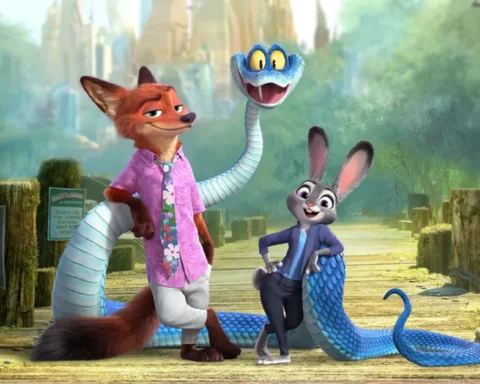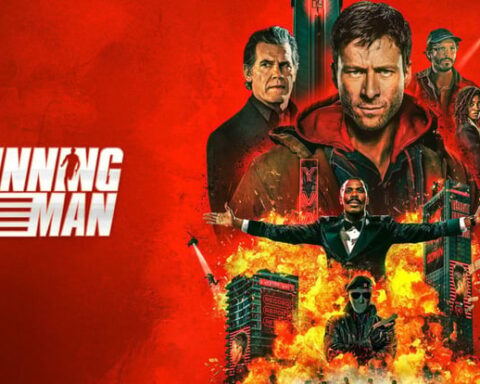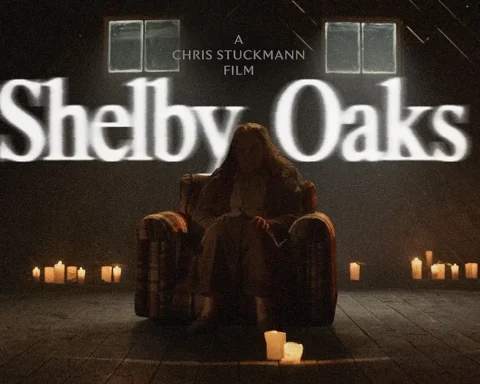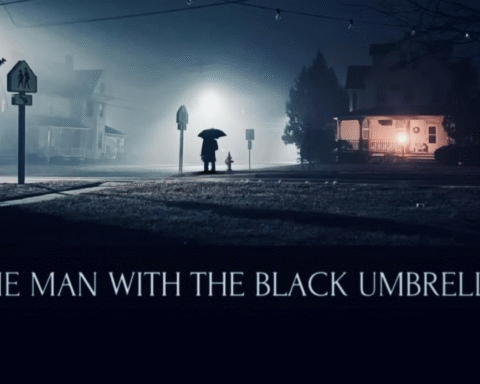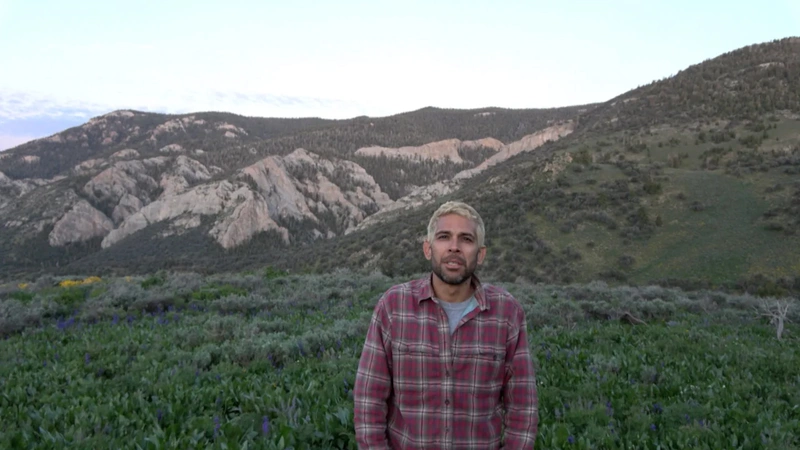Alain Delon, the iconic French actor who passed away at the age of 88, was more than just a movie star—he was a symbol of French cinema’s golden age. Renowned for his mesmerizing screen presence, chiseled good looks, and enigmatic persona, Delon left an indelible mark on the world of film. As we remember his extraordinary career, it is essential to revisit his most significant roles, which not only defined his artistry but also solidified his status as a cinematic legend.
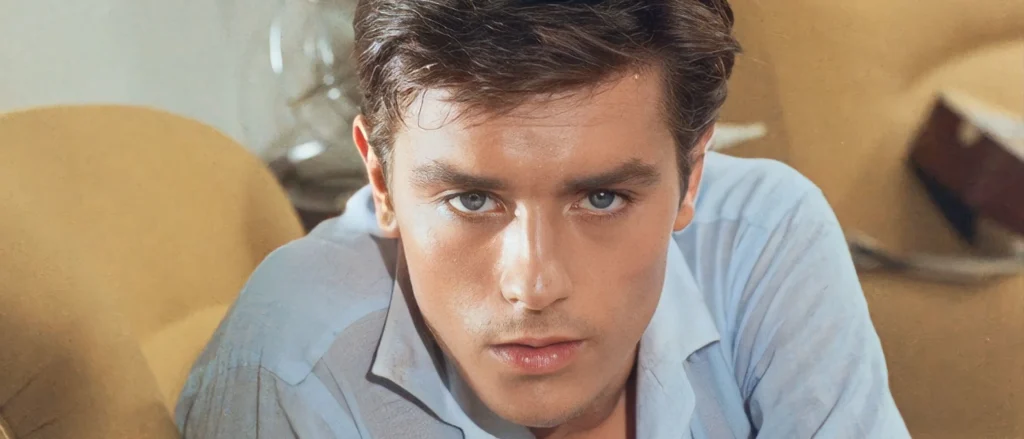
A Brief Overview of Alain Delon’s Career
Born on November 8, 1935, in Sceaux, France, Alain Delon’s rise to stardom is the stuff of legend. Delon had a troubled childhood, with his parents divorcing when he was just four years old. His early life was marked by a series of boarding schools and a stint in the French Navy, where he served in the Indochina War. Upon his return to France, Delon had no clear direction in life until he was discovered by film director Yves Allégret in 1957.
Delon’s breakthrough came with the 1960 film Purple Noon (Plein Soleil), where his portrayal of the charming yet sinister Tom Ripley brought him international acclaim. This role set the stage for a series of performances that would showcase his versatility, ranging from cold-blooded killers to noble heroes. Over his career, Delon worked with some of the greatest directors of his time, including Luchino Visconti, Jean-Pierre Melville, and Michelangelo Antonioni, appearing in nearly 90 films. Despite his enigmatic and often controversial public persona, Delon’s talent and charisma made him one of the most beloved and enduring figures in cinema.
Delon’s later years were marked by a gradual retreat from the limelight, with fewer film appearances and a focus on his personal life. His health declined in recent years, leading to his becoming increasingly reclusive. Despite the challenges, his legacy remained intact, as demonstrated by the outpouring of tributes following his death. French President Emmanuel Macron aptly summarized Delon’s impact, stating that the actor “played legendary roles and made the world dream,” while actress Brigitte Bardot remarked that Delon’s death left a “huge void that nothing and no one will be able to fill.”
As we reflect on Delon’s remarkable career, it is fitting to highlight five of his most memorable roles—performances that not only defined his career but also left an enduring impact on the history of cinema.

1. Tom Ripley in Purple Noon (1960)
Delon’s portrayal of Tom Ripley in Purple Noon (Plein Soleil) is arguably one of the finest performances of his career. Directed by René Clément, the film is an adaptation of Patricia Highsmith’s novel The Talented Mr. Ripley. In this role, Delon played a young, handsome, and morally ambiguous American who becomes entangled in a web of deception, murder, and identity theft.
Delon’s Ripley is the epitome of charm and menace—a character who is as seductive as he is dangerous. His portrayal of Ripley’s transformation from a seemingly harmless grifter into a cold-blooded murderer is both chilling and mesmerizing. Delon’s ability to convey Ripley’s internal struggle and his ultimate descent into darkness without losing the audience’s sympathy is a testament to his extraordinary talent.
Purple Noon not only established Delon as a major star but also set the tone for many of his future roles. The film was a critical and commercial success, and Delon’s performance was widely praised for its intensity and depth. This role also marked the beginning of Delon’s long association with characters who exist on the fringes of morality—men who are simultaneously alluring and terrifying.
2. Jef Costello in Le Samouraï (1967)
If there is one role that epitomizes Alain Delon’s iconic status in cinema, it is that of Jef Costello in Jean-Pierre Melville’s Le Samouraï. In this neo-noir classic, Delon plays a contract killer with the precision, discipline, and stoicism of a samurai. Le Samouraï is a film of sparse dialogue and meticulous visual composition, and Delon’s performance is a masterclass in minimalism.
Jef Costello is a man of few words, and Delon captures this enigmatic character with a performance that relies heavily on subtle gestures, intense gazes, and an unwavering calmness. Delon’s portrayal of Costello is both haunting and hypnotic—he embodies the loneliness and alienation of a man who lives by a strict code but is ultimately doomed by it.
The film’s aesthetic, heavily influenced by Japanese cinema and film noir, complements Delon’s understated performance. Dressed in a trench coat and fedora, Delon’s Jef Costello became an iconic image in cinema, representing the quintessential anti-hero—cool, detached, and unflinchingly professional. Le Samouraï was a critical success and is now regarded as one of the greatest films of all time, with Delon’s performance being a significant factor in its enduring legacy.
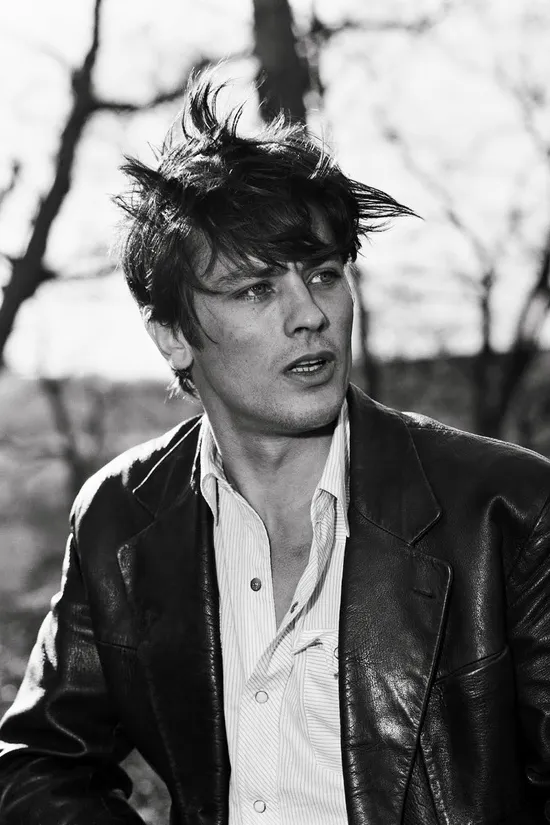
3. Tancredi Falconeri in The Leopard (1963)
In Luchino Visconti’s epic historical drama The Leopard (Il Gattopardo), Alain Delon plays Tancredi Falconeri, a young, aristocratic officer navigating the social and political upheavals of 19th-century Sicily. Based on the novel by Giuseppe Tomasi di Lampedusa, the film is a sweeping tale of a declining aristocracy and the rise of a new social order.
Delon’s Tancredi is a complex character—charming, opportunistic, and acutely aware of the changing times. His famous line, “If we want things to stay as they are, things will have to change,” encapsulates the central theme of the film. Delon brings a youthful energy and charisma to the role, making Tancredi both a romantic hero and a symbol of a fading era.
Visconti’s meticulous direction, combined with Delon’s magnetic performance, creates a film that is as much about character as it is about history. The chemistry between Delon and co-star Claudia Cardinale, who plays Tancredi’s love interest Angelica, adds a layer of emotional depth to the film. The Leopard won the Palme d’Or at the Cannes Film Festival and remains a landmark in world cinema, with Delon’s performance being one of its most celebrated aspects.
4. Rocco Parondi in Rocco and His Brothers (1960)
Another collaboration with Luchino Visconti, Rocco and His Brothers (Rocco e i suoi fratelli) showcases Delon in one of his most emotionally charged roles. In this film, Delon plays Rocco Parondi, a young man who, along with his mother and brothers, moves from rural southern Italy to the industrial north in search of a better life.
Rocco and His Brothers is a powerful exploration of family, loyalty, and the disintegration of traditional values in the face of modernity. Delon’s Rocco is the heart of the film—a character defined by his unwavering sense of duty and compassion. Rocco’s journey from innocence to disillusionment is portrayed with a sensitivity and depth that few actors could match.
Delon’s performance in Rocco and His Brothers is often cited as one of his finest. The film’s intense emotional core is driven by Delon’s ability to convey both strength and vulnerability, making Rocco a character who resonates with audiences on a deeply personal level. The film was a critical success and remains a poignant reflection on the struggles of the human condition, with Delon’s portrayal of Rocco standing as one of the most memorable in his career.
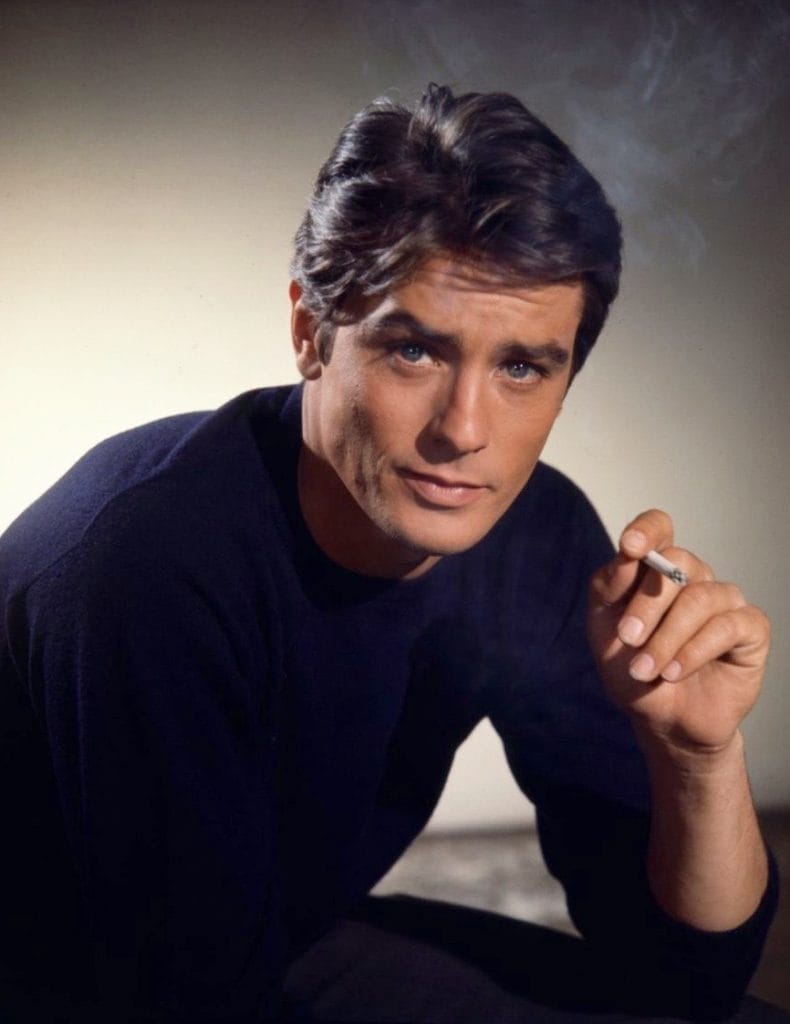
5. Roch Siffredi in Borsalino (1970)
In Borsalino, directed by Jacques Deray, Delon teamed up with another French cinema giant, Jean-Paul Belmondo, to create one of the most iconic gangster films of the 1970s. Set in the 1930s, Borsalino follows the rise of two small-time crooks, Roch Siffredi (Delon) and François Capella (Belmondo), as they climb the ranks of the Marseilles underworld.
Delon’s Roch Siffredi is a suave and cunning gangster, perfectly complementing Belmondo’s more brash and impulsive character. The chemistry between Delon and Belmondo is electric, and their on-screen partnership is one of the highlights of the film. Borsalino is a stylish and entertaining crime drama, with Delon’s charismatic performance being a key factor in its success.
The film was a major box office hit and spawned a sequel, Borsalino & Co., further cementing Delon’s status as one of France’s biggest stars. Borsalino remains a beloved classic in French cinema, with Delon’s portrayal of Roch Siffredi being one of his most iconic roles.
Alain Delon’s Enduring Impact on Cinema
Alain Delon’s passing marks the end of an era in French cinema, but his legacy lives on through his films and the indelible characters he brought to life. Delon’s career spanned over six decades, during which he played a wide range of roles that showcased his versatility as an actor. Whether playing a charming conman, a ruthless killer, or a noble hero, Delon brought a unique blend of charisma, intensity, and depth to each of his performances.
Delon’s appeal was not just limited to his good looks—although he was often described as one of the most beautiful men in cinema. His true power as an actor lay in his ability to convey complex emotions with a subtlety that few could match. Delon’s characters were often enigmatic and morally ambiguous, reflecting the actor’s own persona. He was a master of the anti-hero—a figure who could be both alluring and dangerous, romantic and ruthless.
In addition to his acting talent, Delon also had a keen eye for working with some of the most influential directors of his time. His collaborations with filmmakers like Jean-Pierre Melville and Luchino Visconti resulted in some of the most iconic films in cinema history. Delon’s willingness to take on challenging and diverse roles also contributed to his longevity in the industry. Even as his film appearances became less frequent in the later years of his career, his impact on cinema remained undiminished.
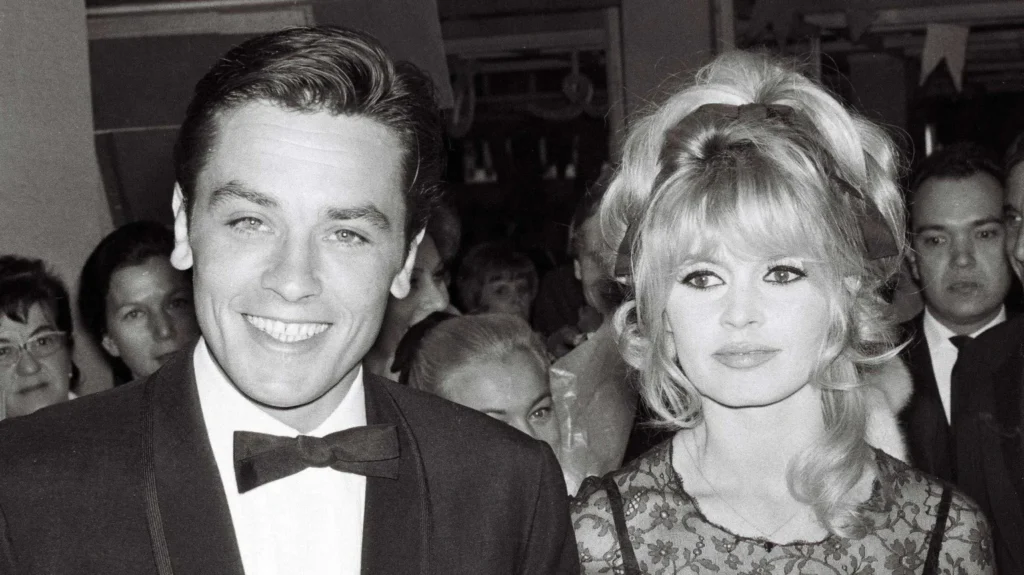
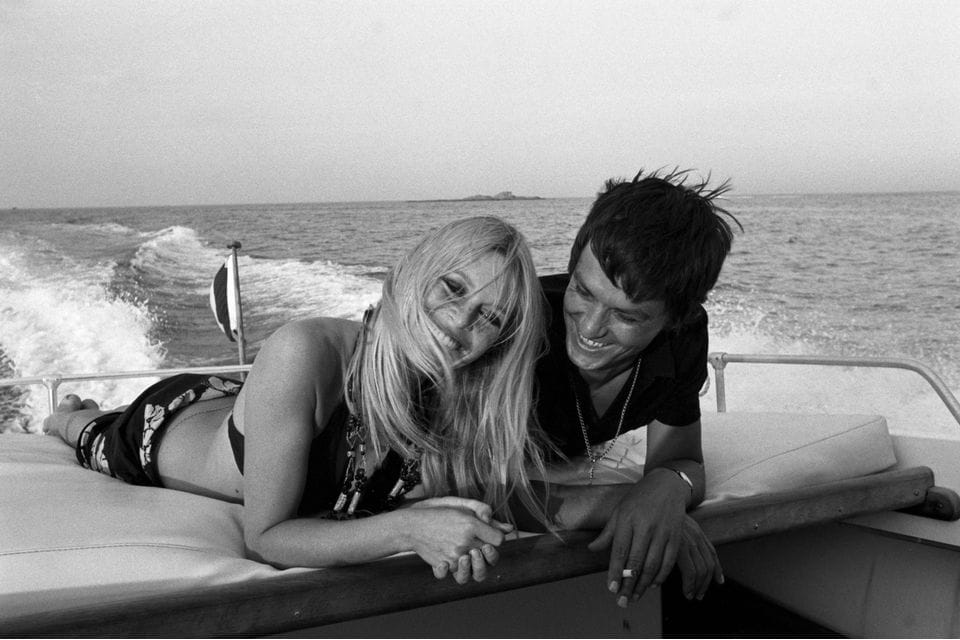
The Man Behind the Myth
Beyond his on-screen persona, Alain Delon was a complex and often controversial figure. His personal life was marked by tumultuous relationships, legal troubles, and a strained relationship with the media. Delon was known for his fiercely private nature, often shunning the spotlight despite his celebrity status. This enigmatic quality only added to his allure, making him one of the most intriguing figures in French cinema.
Delon’s later years were marked by health issues and a gradual withdrawal from public life. In 2019, he suffered a stroke, and his health continued to decline in the following years. Despite these challenges, Delon remained a revered figure in France and around the world. The outpouring of tributes following his death is a testament to the profound impact he had on generations of film lovers.
Brigitte Bardot, a close friend and fellow icon of French cinema, described Delon’s death as leaving a “huge void that nothing and no one will be able to fill.” This sentiment was echoed by many, including French President Emmanuel Macron, who hailed Delon as a “French monument” and a figure who “made the world dream.” These tributes reflect the deep respect and admiration that Delon commanded, not just as an actor, but as a cultural icon.
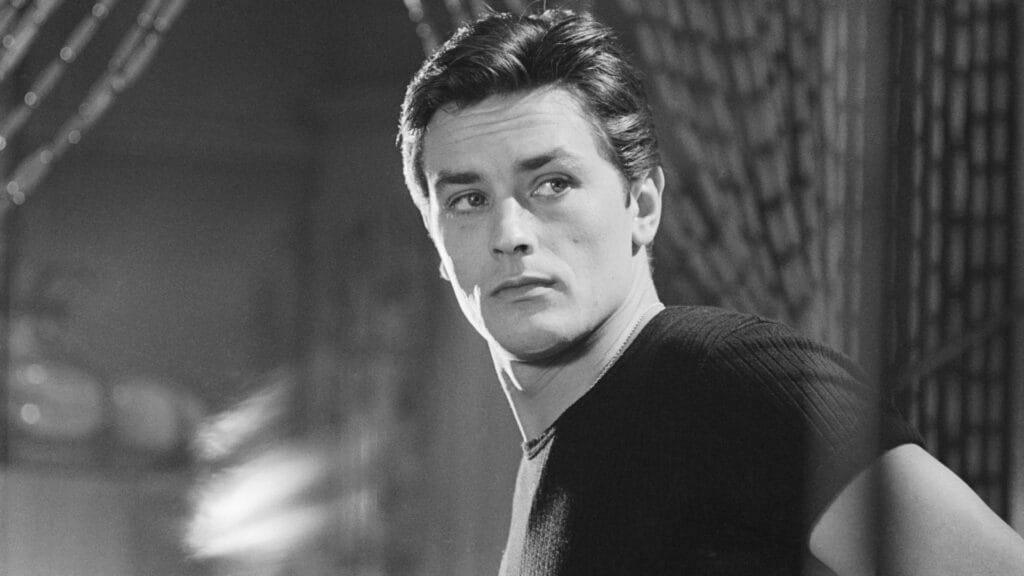
Alain Delon’s Legacy
Alain Delon’s legacy is one that will endure for generations to come. His films continue to be celebrated for their artistic excellence, and his performances remain a source of inspiration for actors and filmmakers alike. Delon’s influence can be seen in the work of many contemporary actors who have followed in his footsteps, taking on roles that challenge traditional notions of heroism and morality.
Delon’s impact on cinema is also evident in the way his characters have become archetypes in film history. The cool, detached anti-hero, the charismatic conman, the noble yet flawed hero—these are all roles that Delon perfected and made his own. His performances set a standard for what it means to be a leading man in cinema, one that combines physical presence with emotional complexity.
As we remember Alain Delon, it is important to recognize that his contribution to cinema goes beyond the roles he played. He was a pioneer in many ways, challenging the norms of the industry and pushing the boundaries of what was possible in film. Delon’s willingness to take risks and his commitment to his craft are what made him an unforgettable actor and a true legend of the silver screen.
In the end, Alain Delon’s story is one of resilience, talent, and a relentless pursuit of excellence. His films are a testament to his extraordinary abilities as an actor, and his legacy will continue to inspire and captivate audiences for years to come. As the world bids farewell to this cinematic giant, we are reminded of the words of French President Emmanuel Macron: Alain Delon was more than a star—he was a French monument, a man who made the world dream.

